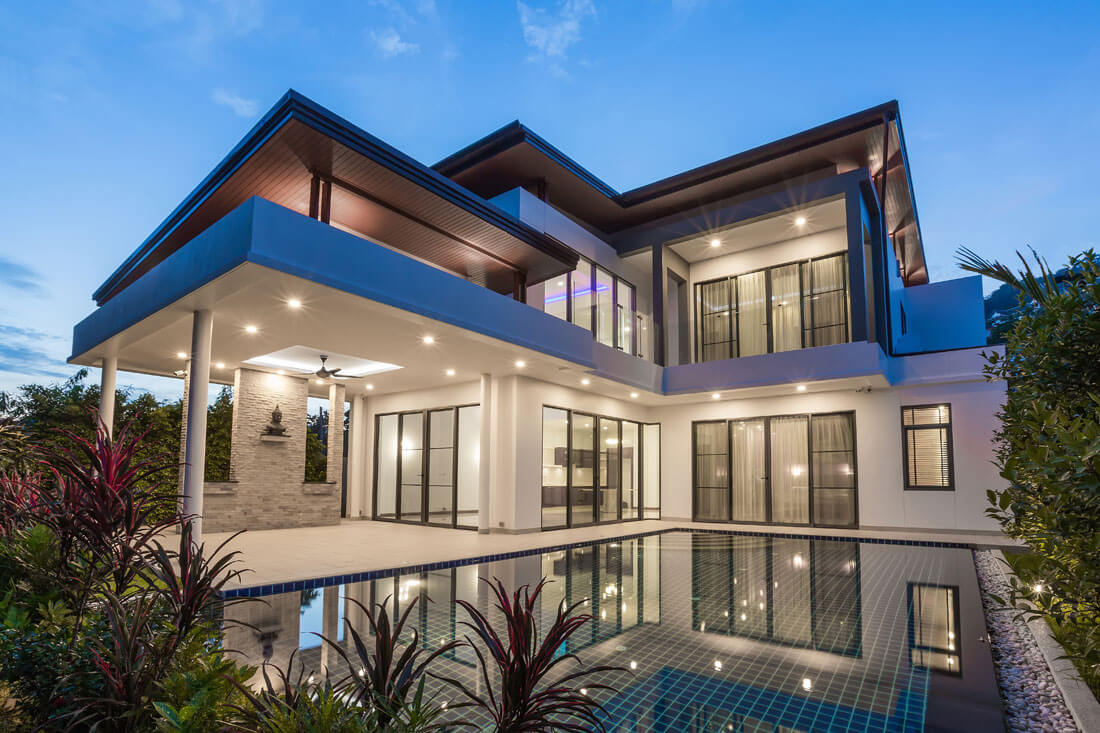
20 Nov What About Pricing? Pricing Misconceptions
You’ve decided to sell your home! Congratulations! Now what? What do you need to do to get your house sold? What listing price should you start at?
Do you have any idea what you should list your home for? Do you base your listing price decisions on what you bought the home for, what improvements you’ve made, how much money you’ve put into the house throughout the entire time you’ve lived in it, what the neighbor’s house sold for, what the neighbor’s house is listed for, what the “Zestimate” says it’s worth?
Frankly, some of these things do have an impact on the current market pricing of the home, but not all. And, not all hold the same weight in determining pricing in “today’s market”.
A local REALTOR® specializing in residential real-estate in your market area will have knowledge and experience in pricing, listing and selling homes that most home sellers do not have.
After all, they are the professionals and it is what they do all day, every day, not just occasionally or every few years. Each market area differs. Time of the year, location, price point, condition, inventory, etc. All factors in determining a listing price.
It is important to have guidance to help you determine the proper pricing strategy for your home. They will be able to tell you whether your market area is a Buyer’s Market or a Seller’s Market. Keep in mind that it can change in what seems to be a heartbeat.
In fact, in some markets you can have both situations. For instance, homes priced below $500,000 may be in a “Seller’s Market” because there is less inventory than there are buyers. Yet, homes priced above $500,000 may be in a “Buyer’s Market” because there is more inventory than buyers in that price point.
Improvements you have made to the home can impact the value of your home and therefore the listing price. Many people want to recoup all of the dollars they put into the home throughout the time they’d lived in it. It is not always feasible to so.
For instance, some sellers have said they spent “X” dollars on “special” blinds or window coverings and they should be compensated dollar for dollar in the listing price for it. In reality, they probably wouldn’t have lived in the home without any window coverings themselves and neither would a buyer.
The expense was necessary no matter what, but it didn’t effect the value of the house. Sometimes, things you have spent money on are for your enjoyment or lifestyle while living in the home. It may or may not be something that a buyer will find desirable for them. A man cave, bar area, formal living area, a pool, large grass yard, solid wood floors, etc., are some things that you may find desirable, but a potential buyer may not.
In one case, a seller changed out their kitchen countertops a couple months before listing to a unique granite that they just loved and thought was adding lots of value to the home. The new buyer of the home went in and switched out the countertops to something totally different right after closing. The seller just couldn’t understand why they would do that! It just shows that everyone has different wants, needs or desires in their home purchase.
Try not to be too emotionally tied to the house. That is a hard thing to do when you’ve lived in the home and gone through life’s moments in the home. But, emotions sometimes cloud your vision on what is a realistic listing price.
Depending on the market in your area at the time of listing (not what it was 10 years ago or what it “once was worth”), look not only at what has recently sold and closed (which indicates what the market currently bears and most appraisers look at) but also look at what the competition is.
Put your “buyer’s hat” on and look at each one as well as your home and see what you like and dislike about each one. Compare them and pick which one you would choose first as a buyer. You may discover that you want to tweak something in your home or in your pricing to make your home the first choice of the available listings.
All in all, the best thing for you to do is to consult with a professional and be realistic when setting your listing price.
Remember, if you price your home higher than the market for your home can bear, you run the risk of chasing the market downward until you catch up to it… Potentially causing you to sell your house for less than you would have if you priced it properly for the current market. Not to mention the time and hassle it cost you.
Having a professional REALTOR® on your side, guiding you and helping you through the process, will help you price your home properly and not leave money on the table.
And, don’t forget, no one has a “crystal ball” to be able to tell you definitively that your house will sell for a specific number (but of course they wish they did!) Rely on the tools and experience of a professional to help you determine the proper listing and marketing price for your home in your specific area at the specific time you are selling.
Lisa Lehmann is a Broker with United Real Estate Southern Arizona in Tucson, AZ specializing in Residential Real Estate. Contact her directly for more information and to discuss about your own real-estate plans by calling her at (520) 444.4180.


